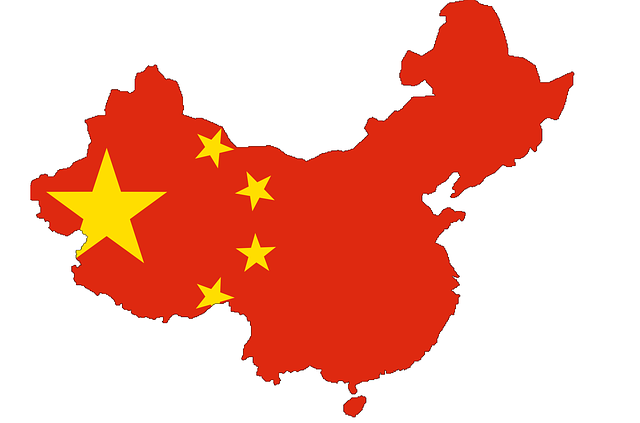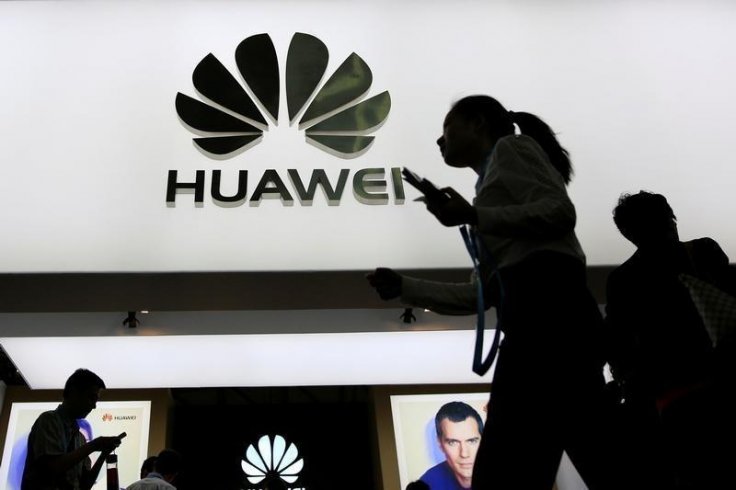The U.S. Defence Department has termed 20 top Chinese companies, including telecom equipment giant Huawei and video surveillance company Hikvision, as either owned by or backed by the Chinese military. The list includes other companies like China Telecoms, China Mobile, and AVIC. This determination could lay the groundwork for new U.S. financial sanctions against Chinese companies.
Trump administration placed Huawei and Hikvision on a trade blacklist in 2019 over national security concerns and has led an international campaign to convince the U.S. allies, including the U.K. to bar the telecom companies from their 5G networks. Even Singapore's biggest telecom operators Singtel and StarHub have now chosen Ericsson and Nokia over Huawei as their main 5G network provider.
Chinese Companies Under Radar

However, as per the reports it is claimed that the list of Chinese companies, which is likely to grow, has been published in order to inform congressional committees, U.S. businesses, investors and other potential partners of Chinese firms about the role such firms may play to transfer sensitive technology to the Chinese military.
Under the U.S. law, the Defense Department needs to track the companies which are active in the U.S. and owned or controlled by China's People's Liberation Army. In recent months, the Pentagon has been under pressure from lawmakers of both the Democratic and Republican parties to publish and update the list involving the names of Chinese firms.
In November, Senators Tom Cotton and Chuck Schumer expressed their concerns in a letter about the danger of exporting critical U.S. technologies to companies with Chinese ties. They also raised questions over why the Commerce Department had been slow to complete export-control reviews mandated by the Acts. They wrote:
"What is the status of this review and the implementation of the results? Will this review determine specific sectors of the US economy that the Chinese are targeting for espionage and forced technology-transfer efforts? Will you modify the scope of controls for military end-uses and end-users in China? Will, you make the results of this review public?"
The Trump administration has already taken several steps against Huawei and other Chinese companies such as barring American firms from selling them certain technology without permission. But, particularly one Chinese company, Huawei, which was mentioned in the U.S. Entry List, contested U.S. claims against it as "unsubstantiated allegations."
Singapore Is Moving Ahead with Other 5G Providers

As Singapore has close economic and political tied with both U.S. and China, in 2019 the Republic indicated that it would let the country's telecom companies decide for themselves on suppliers. Earlier this year, Prime Minister Lee Hsien Loong said it had not banned Huawei, but they would evaluate it based on operational requirements.
Singapore communication minister on Thursday, June 25 said that the government never excludes any firm from being vendors for the island-wide roll-out of 5G technology, it is satisfied with what the nation's telecom operators have decided.
SingTel selected Sweden based company Ericsson, and a group that includes StarHub opted for Nokia, leaving Huawei Technologies, which has been a point of contention in the tensions between the U.S. and China, with less significant contracts in Singapore. Minister for Communications and Information S. Iswaran said in a press conference that
You have a diversity of vendors involved in different aspects of the 5G system and that is in fact a positive outcome from our perspective.
The new list by the U.S. was released at a time when in India protests have erupted to promote a new agenda to boycott Chinese companies and their products. The tension with China has escalated in recent times after 20 Indian soldiers were killed in fighting at a disputed border site in the Himalayan Galwan Valley.
Many Indians took their rage to streets and urged others to boycott Chinese products. People in the Indian city of Ahmedabad hurled Chinese TV sets down their balconies, while traders in the capital, Delhi, protested by burning Chinese goods.
Huawei: From Top Telecom Company To Major Target
Huawei Technologies, which for years has denied violating the U.S. trade sanctions on Iran, had produced internal company records in 2010 which clearly showed that it was directly involved in sending prohibited American computer equipment to Iran's largest mobile-phone operator.
It happened at a time when the Obama administration used the revelation of a secret Iranian nuclear enrichment plant as leverage, demanding that Iran allow international inspections. As reported by the New York Times, the National Security Agency and Israel had come together to set up cyberwar efforts targeting Iran.
As per early reports, internal Huawei documents revealed that two packing lists, dated December 2010, included computer equipment made by Hewlett-Packard Co (HP) and allotted for the Iranian carrier, while another Huawei document, dated two months later, stated, "Currently the equipment is delivered to Tehran, and waiting for the customs clearance."
The packing lists and other internal documents provide the strongest evidence to date of Huawei's involvement in alleged trade sanctions violations. Understanding the seriousness of the issue, U.S. has been trying to persuade allies to avoid using Huawei equipment in their 5G system.
Read more








